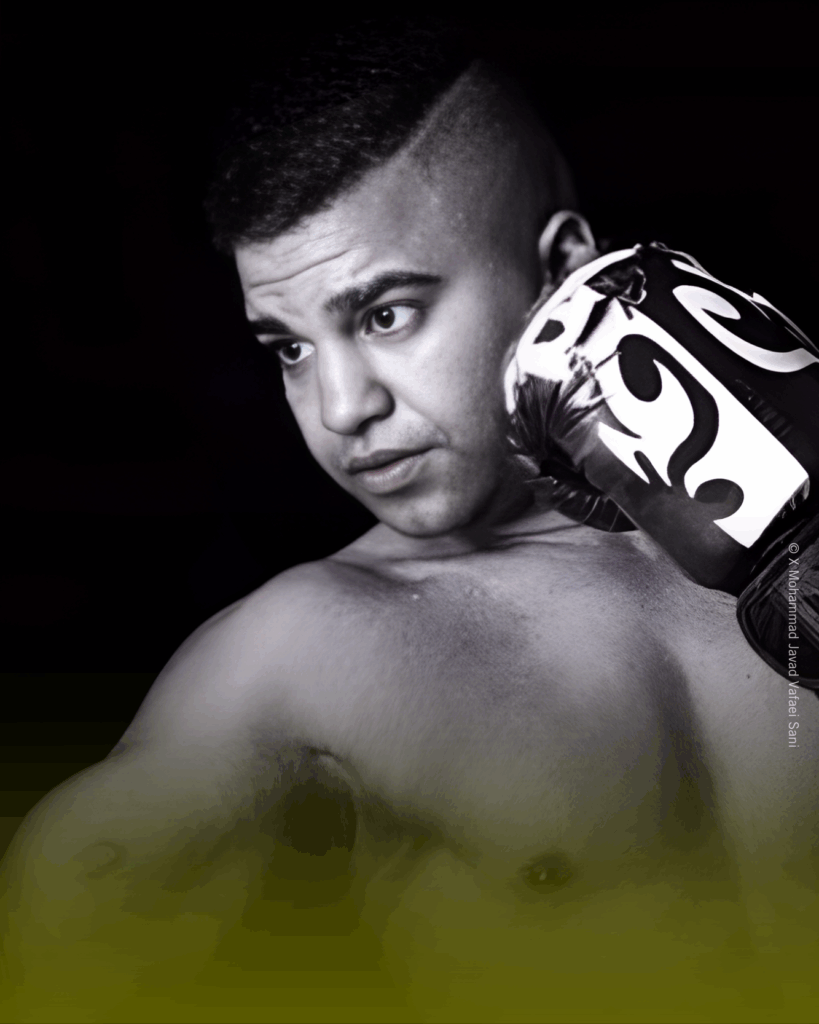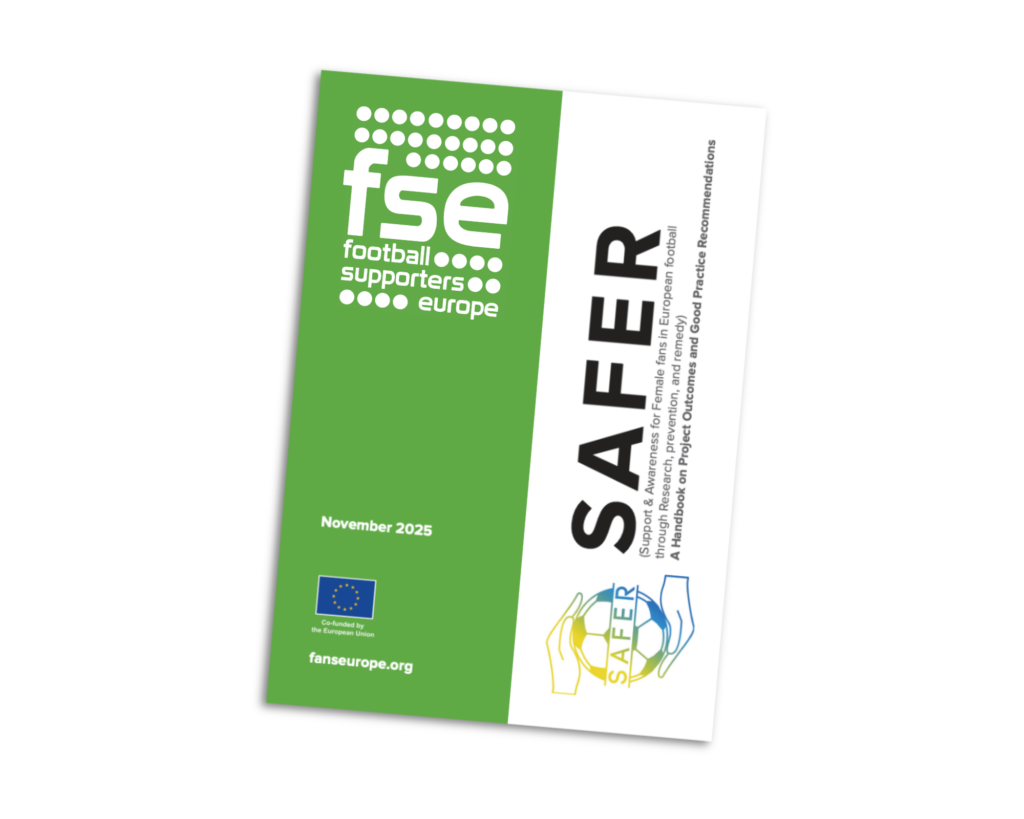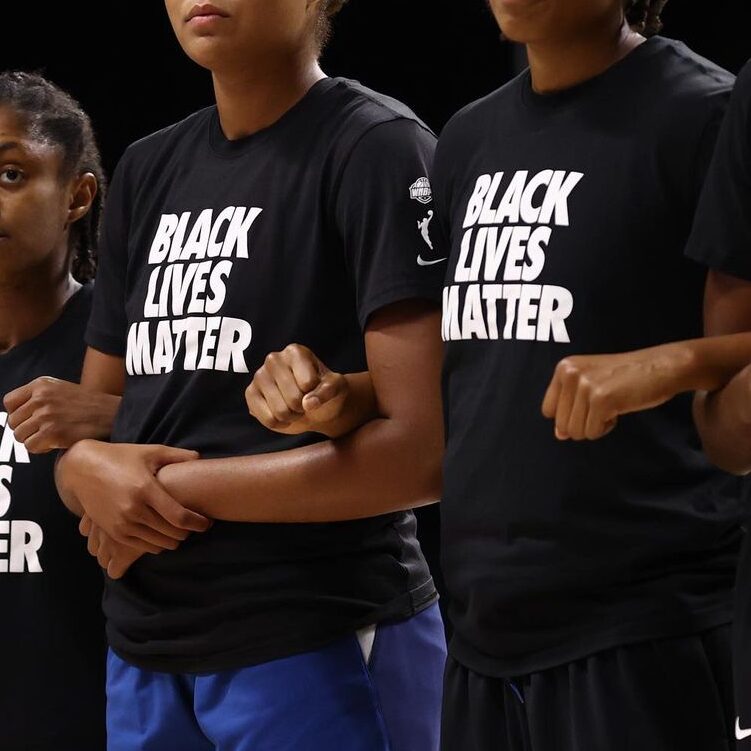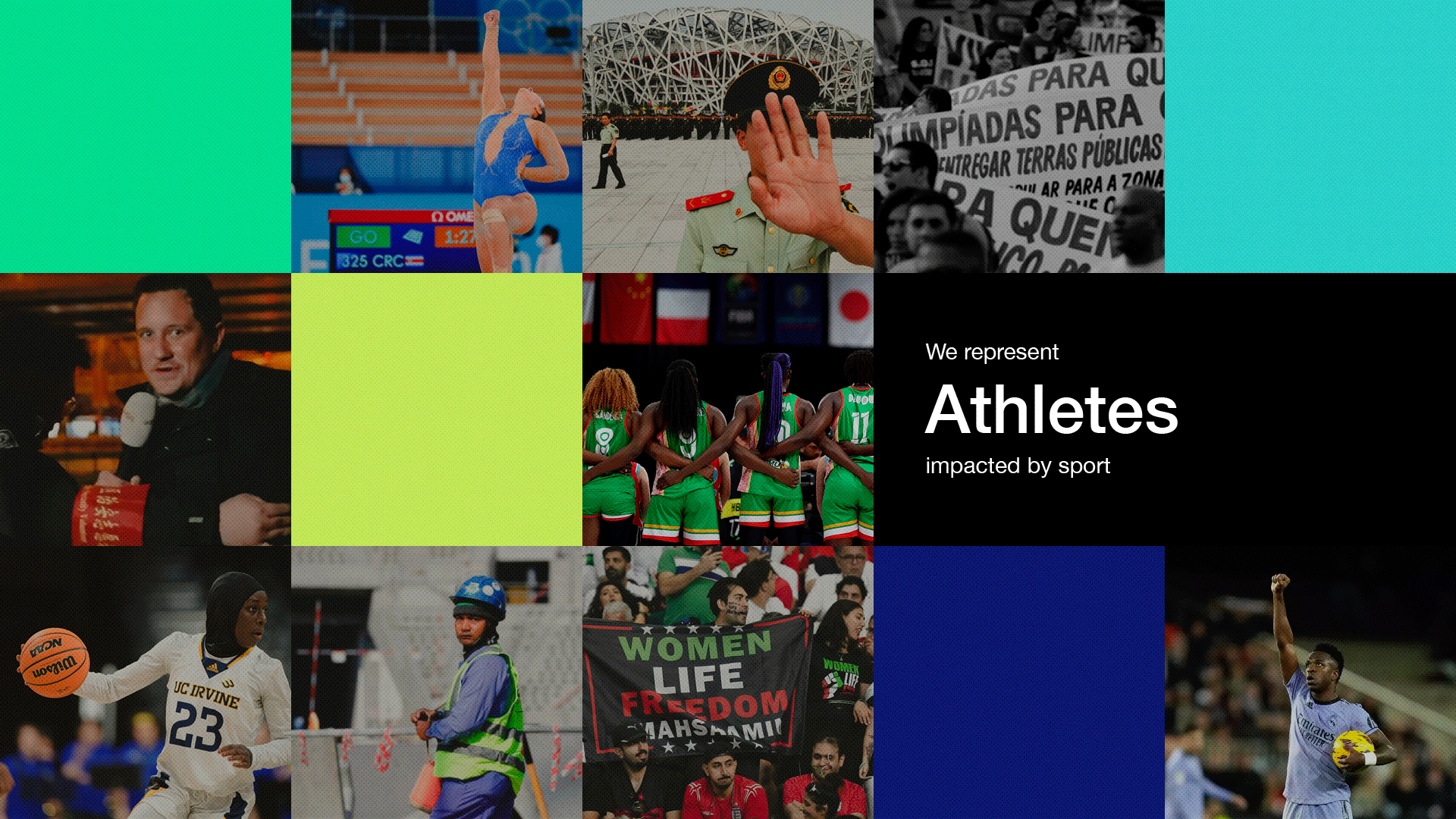
Latest News
- Olympics: Uphold human rights for all athletesRequesting clarification on the IOC Working Group on Women’s Category The Sport & Rights Alliance has written to the International Olympic Committee (IOC) regarding the IOC Working Group on the “protection of the female category” and potential decisions to implement mandatory sex testing and a blanket ban on transgender and intersex athletes in the women’s… Read more: Olympics: Uphold human rights for all athletes
- Iran: Letter to IOC re Iranian athletes facing political executionUrgent IOC action required to protect Iranian athletes facing political execution The Sport & Rights Alliance has written to the International Olympic Committee (IOC) regarding boxer and coach Mohammad Javad Vafaei Sani who is at risk of imminent execution amid an ongoing horrifying escalation of executions in Iran. Read the full letter below. **Update: On… Read more: Iran: Letter to IOC re Iranian athletes facing political execution
- SAFER Handbook: Football Supporters Europe publishes project outcomes and good practicesSAFER – Support & Awareness for Female fans in European football through Research, prevention, and remedy Football Supporters Europe is delighted to share the handbook from its SAFER (Support & Awareness for Female fans in European football through Research, prevention, and remedy) project. Download the SAFER handbook here. About the project SAFER, a Football Supporters Europe project supported by the… Read more: SAFER Handbook: Football Supporters Europe publishes project outcomes and good practices
Join the SRA newsletter
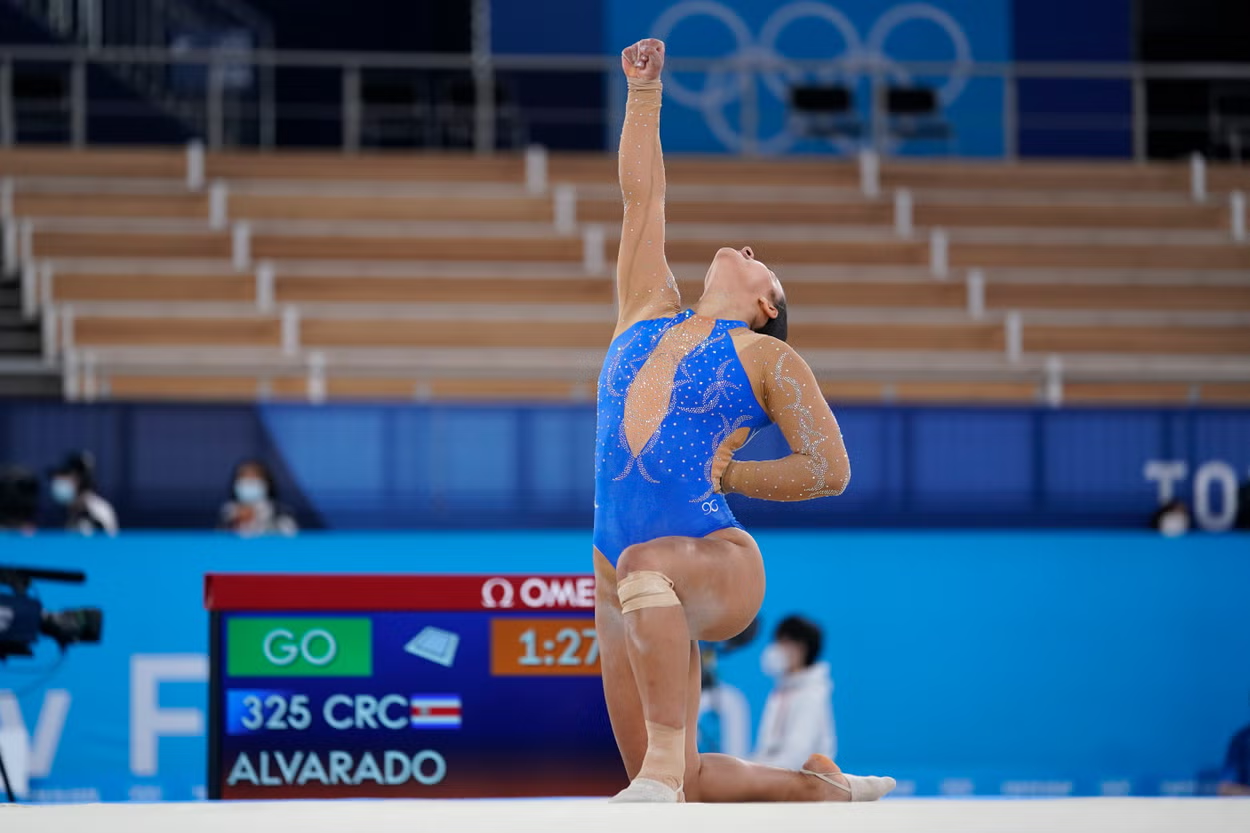
Athletes Network for Safer Sports
Learn more about our work to create safe spaces for people affected by abuse in sport to further healing, amplify each other’s voices, and advocate for systemic change.

